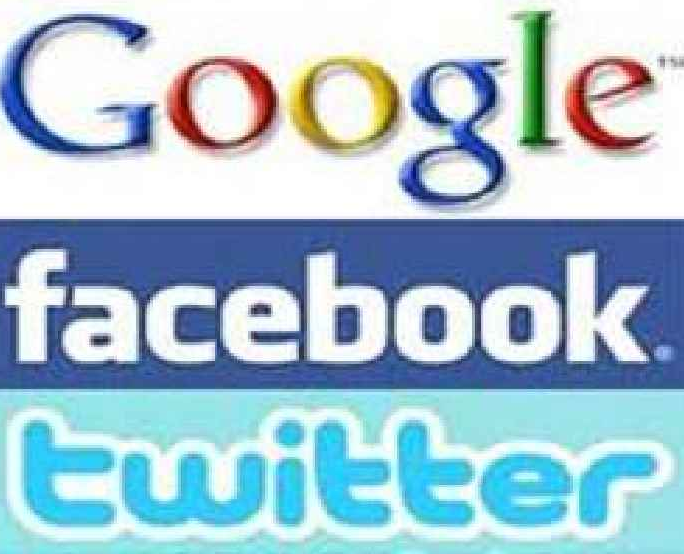The Facebook Takedown and the Underlying Agenda
Wonder why Facebook is suddenly under attack from all quarters, given that the user information collected by Cambridge Analytica occurred well over a year ago, and that this was far from the first time Facebook had breached user confidentiality (although if you read the TOS, all your data belongs to Facebook, anyway)? Apple CEO Tim Cook, Salesforce founder Marc Benioff, et al are all happily throwing Facebook/Mark Zuckerberg under the bus, so you might start wondering about the timing of all of this. And what you’re being distracted from otherwise noticing.
As Forbes says, Why Are We Just Finding Out Now That All Two Billion Facebook Users May Have Been Harvested? “The company acknowledged what (this article’s author) said many times before – likely the entirety of Facebook’s two billion public profiles (and quite a few private profiles) are archived in repositories all over the world by academics, companies and criminal actors, not to mention countless governments. The big story was not Facebook’s confirmation of this, but rather why the company took until (April 4, 2018) to confirm it.”
The Net Neutrality Factor
The tech cartel have been quietly attempting to reverse Net Neutrality, which, as we’ve said before and have written about and clarified in a past column, basically exempt the cartel/social media companies from being neutral and treating all content equally, via a Congressional Review Act (CRA) resolution.



